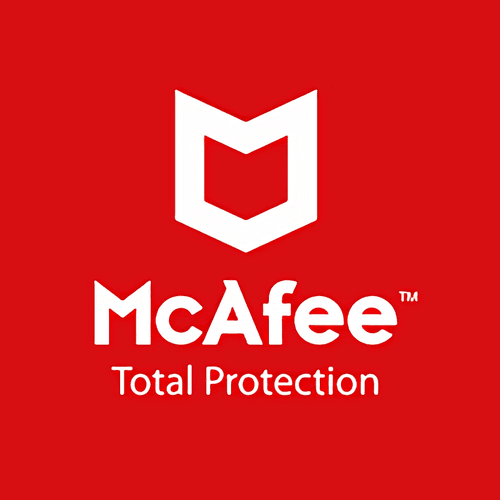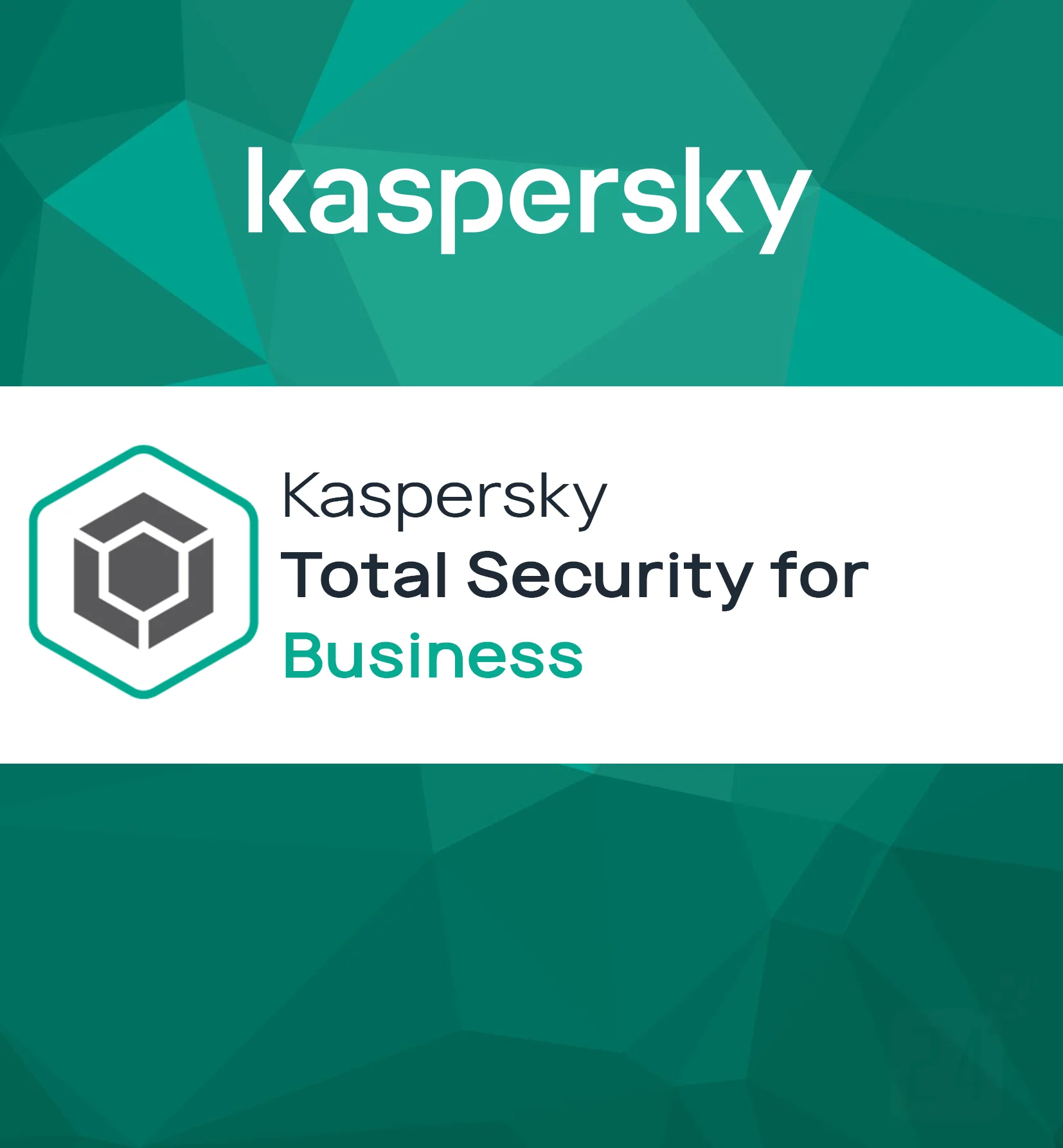
The Best Antivirus Software
Antivirus software serves as a critical line of defense against a multitude of cyber threats that have become increasingly sophisticated in 2024. It is specifically designed to detect, prevent, and eliminate malicious software such as viruses, worms, Trojan horses, ransomware, and spyware. With the advent of advanced technologies, cybercriminals have innovated new methods to infiltrate personal and business networks, making robust security measures indispensable.
In today’s digital age, personal information, sensitive data, and financial details are constantly at risk from malware and phishing attacks. Malware can stealthily install itself on devices and silently exfiltrate valuable information, while phishing attacks often trick users into divulging sensitive data such as bank account details through deceptive emails or websites. Given the omnipresent threats, it is crucial to adopt one of the best antivirus software solutions to safeguard against these vulnerabilities. This software operates in real-time, scanning files, monitoring online activities, and identifying suspicious behaviors to protect against unauthorized access.
The necessity of antivirus software is underscored by the increasing frequency of cyber-attacks. According to industry reports, the number of cyber incidents has continued to surge, revealing the inadequacies in outdated or non-existent security measures. As cyber threats evolve, so must our defenses. Thus, the selection of adept and reliable antivirus software becomes paramount in shielding against the diverse range of threats targeting your personal and financial information.
Moreover, the importance of selecting the best antivirus software extends beyond individual users; it covers small businesses and large enterprises alike. Cybersecurity is a shared responsibility, and employing strong antivirus measures helps prevent the spread of malware to other systems and networks. As we move further into 2024, investing in the best antivirus software is not merely an option but a critical necessity to ensure ongoing protection in an increasingly interconnected world.
Choosing the best antivirus software for your needs involves a careful evaluation of several critical factors that can significantly influence your overall online security and experience. Understanding these elements will guide you in making an informed decision.
Detection Rates
One of the most fundamental aspects to consider is the antivirus software’s detection rates. High detection rates ensure the software can effectively identify and neutralize various types of malware, including viruses, spyware, and ransomware. A solution with a high detection rate provides peace of mind, reducing the chances of new or existing threats compromising your personal information, data, or bank accounts.
Ease of Use
Ease of use is another important factor. The best antivirus software should offer an intuitive interface that doesn’t require extensive technical knowledge to navigate. If the software is user-friendly, it simplifies the process of running scans, updating virus definitions, and managing settings, making it accessible to a broader range of users, regardless of their technical proficiency.
Performance Impact
Performance impact assesses how much the antivirus software affects your system’s speed and usability. Ideally, it should run quietly in the background without causing significant slowdowns. Choosing software that optimizes performance ensures that you can continue your day-to-day activities—whether it’s working, gaming, or browsing the internet—without interruption.
Additional Features
Modern antivirus solutions often come bundled with additional features that enhance overall protection. These may include firewalls, VPNs (Virtual Private Networks), parental controls, and password managers. Such features can offer added layers of security and convenience, enabling users to manage their digital lives more effectively within a single application.
Customer Support
Finally, robust customer support is essential. Should technical issues or security concerns arise, prompt and effective customer service can provide crucial assistance. Look for antivirus providers that offer multiple support channels, such as live chat, email, and phone support, and have a track record of positive customer reviews.
Keeping these factors in mind will ensure that your chosen antivirus software not only meets your security needs but also integrates seamlessly with your lifestyle, providing comprehensive protection and ease of use.
Top Antivirus Software for 2024
Your digital security is paramount, and choosing the best antivirus software to safeguard your personal information, data, and bank accounts is essential. Our evaluation for 2024 encompasses a variety of solutions, each excelling in different areas. Through rigorous testing, we have identified both renowned brands and some lesser-known yet outstanding options that merit your consideration.

Norton 360 Deluxe: A perennial favorite, Norton 360 Deluxe remains a stalwart in the antivirus market, offering comprehensive protection against malware, ransomware, and phishing threats. Its standout features include a user-friendly interface, robust device and identity protection, and superior customer support. The inclusion of a VPN and dark web monitoring for added layers of security bolsters its standing as an industry leader.

Bitdefendr Total Security: Bitdefender continues to impress with its Total Security suite, which combines excellent malware detection rates with a minimal impact on system performance. Features such as a multi-layer ransomware protection mechanism, privacy tools like a secure browser for online banking, and cross-platform compatibility (including Windows, macOS, iOS, and Android) ensure comprehensive protection.

McAfee Total Protection: With an impressive suite of features, McAfee Total Protection is another strong contender for the best antivirus software title. Its main advantages include an easy-to-navigate dashboard, versatile PC optimization tools, and a secure VPN. Moreover, McAfee’s identity theft protection service and encrypted storage further enhance its value proposition.

Kaspersky Total Security: Known for its high detection rates and advanced threat protection, Kaspersky Total Security offers a well-rounded defense against cyber attackers. Additional features such as parental controls, password managers, and backup tools enhance its utility, making it an excellent choice for families and individual users alike.

Avast One: A relatively new player on the field, Avast One integrates antivirus protection with broader PC optimization tools. While maintaining a high level of malware detection efficacy, Avast One also provides privacy protections through a built-in VPN and identity theft monitoring. It strikes a balance between usability and advanced features, making it suitable for users across different technical proficiencies.
These selections for the best antivirus software of 2024 represent the pinnacle of digital protection available today. Each software package is crafted to cater to diverse user needs, ensuring your digital life remains secure in an increasingly complicated threat landscape.
Detailed Reviews of Each Top Antivirus
In today’s digital age, safeguarding personal information, data, and financial details is paramount. Selecting the best antivirus software is crucial, not only for protection but also for ensuring optimal system performance. Below are detailed reviews of the top antivirus solutions of 2024, highlighting their features, user interface, performance, pricing, and unique selling points.
Norton 360 Deluxe
Norton 360 Deluxe offers a comprehensive suite of features, including real-time threat protection, a secure VPN, password manager, and dark web monitoring. Its intuitive user interface makes navigation simple for both novice and advanced users. Performance tests reveal minimal impact on system speed, contributing to a seamless user experience.
Pros: Extensive features, strong performance, and minimal system impact.
Cons: Slightly higher cost compared to competitors.
McAfee Total Protection
McAfee Total Protection stands out with its identity theft protection, safe web browsing, and encryption capabilities. The software’s performance consistently scores high in independent lab tests, and its user interface is user-friendly. Moreover, McAfee’s subscription includes a wide array of extra tools, adding significant value.
Pros: Robust identity theft protection, user-friendly, and valuable extras.
Cons: Initial setup can be somewhat complex.
Bitdefender Total Security
Bitdefender Total Security excels in threat detection and includes features such as a VPN, parental controls, and anti-theft tools. Its modern and clean user interface ensures easy access to its comprehensive functions. Performance-wise, it’s efficient, with negligible impact on system resources.
Pros: High threat detection rates, feature-rich, and efficient performance.
Cons: VPN usage is capped at 200 MB per day unless upgraded.
Kaspersky Total Security
Kaspersky Total Security offers full-fledged protections like firewall, parental control, and backup features. The interface is well-structured and straightforward, making it accessible to users of all levels. Performance benchmarks show that Kaspersky performs exceptionally well without taxing system resources.
Pros: Comprehensive features, excellent performance, and user-friendly interface.
Cons: Contains some advanced features that may be underutilized by basic users.
Trend Micro Maximum Security
Trend Micro Maximum Security provides strong malware protection along with features like social media protection and secure banking tools. The user interface is sleek and intuitive, emphasizing ease of use. It performs well in threat detection and remediation tests, though it can be heavy on system resources during scans.
Pros: Strong malware protection, user-friendly interface, and additional social media safeguards.
Cons: Can slow down the system during scans.
Considering the multitude of choices available, thoroughly evaluating the features and performance of each antivirus solution is critical. This ensures adequate protection of personal data and financial information while maintaining a smooth computing experience.
Comparing Free vs. Paid Antivirus Software
When selecting the best antivirus software, understanding the differences between free and paid options is crucial. Both have their advantages and limitations, which must be carefully weighed to determine the most suitable choice for individual needs.
Free antivirus software provides basic protection against common malware and viruses. It is a viable option for users with minimal internet activity and low-risk usage patterns. These solutions often come with essential features such as real-time scanning and automatic updates. However, free versions tend to lack advanced security measures, leaving users vulnerable to sophisticated threats like ransomware, phishing attacks, and zero-day exploits. Additionally, user support for free antivirus programs is generally limited, meaning technical assistance might not be readily accessible.
Conversely, paid antivirus software offers comprehensive protection with a broader range of features and superior defense mechanisms. In addition to the essentials provided by free versions, paid options often include firewall protection, VPN services, identity theft protection, and parental controls. These extra layers significantly enhance security, especially for users engaged in activities such as online banking and shopping, which demand heightened levels of safety. Moreover, paid antivirus programs typically offer round-the-clock customer support, ensuring timely help and resolution of any issues.
Choosing between free and paid antivirus solutions depends largely on user requirements and risk exposure. For individuals with limited online presence and budget constraints, free antivirus software may suffice. However, for those who handle sensitive information frequently or require top-tier protection, investing in paid antivirus software is advisable. Paid options not only provide more robust security but also equip users with advanced tools to preempt and mitigate potential threats.
Ultimately, the decision should be based on a thorough assessment of one’s security needs, online behavior, and the level of support required. By weighing the benefits and limitations of both free and paid antivirus programs, users can make an informed choice to safeguard their personal information, data, and bank accounts effectively.
How to Install and Set Up Antivirus Software
Installing and setting up the best antivirus software for your needs is a straightforward process, but it is critical to follow steps that ensure robust protection for your personal information, data, and bank accounts. To start, purchase or download your chosen antivirus solution from a reputable source. Ensure it is compatible with your operating system and meets your security requirements.
After downloading the installation file, locate it in your downloads folder and double-click to begin the installation process. Follow the on-screen prompts; these typically involve agreeing to the terms of service and selecting an installation path. Once the installation is complete, the antivirus software may prompt you to complete an initial scan. This initial scan is important as it helps detect any existing threats on your system.
Next, navigate to the settings menu of your newly installed antivirus software. Here, you will want to ensure real-time protection is enabled. Real-time protection will continuously monitor your system for threats and provide immediate alerts when suspicious activities are detected. This is a crucial feature as it helps prevent malware and other malicious software from compromising your data in real-time.
Regular updates are vital for maintaining effective protection. Antivirus software relies on updated virus definitions to identify and neutralize new threats. Set your software to update automatically to ensure it is always equipped to handle the latest threats. Additionally, schedule regular scans to examine your system thoroughly. Ideally, full system scans should be set to run weekly, while quick scans can be scheduled more frequently, such as daily.
Configuring these essential settings in your antivirus software will maximize its effectiveness and keep your system protected. By leveraging features such as real-time protection, automated updates, and scheduled scans, you can rest assured that your personal information, data, and bank accounts are safeguarded against potential threats.
Additional Measures to Enhance Your Cybersecurity
While investing in the best antivirus software is a critical step in safeguarding your digital assets, complementary practices and tools can further fortify your cybersecurity defenses. A holistic approach, encompassing multiple layers of protection, will significantly mitigate risks and enhance your overall security posture.
One essential measure is the use of Virtual Private Networks (VPNs). VPNs encrypt your internet connection, ensuring that your online activities remain private and secure, particularly on public Wi-Fi networks. By disguising your IP address, VPNs also help protect against phishing attacks and other malicious activities aimed at compromising your identity.
Firewalls are another key component in building a robust defense system. Acting as a barrier between your network and potential cyber threats, firewalls prevent unauthorized access to your systems. Both hardware and software firewalls are effective in blocking malicious traffic and curbing cyber intrusions.
Regular backups are indispensable for data protection. By frequently backing up your data, you can safeguard your information against ransomware attacks, hardware failures, and other unforeseen events. Ensure that backups are stored securely, preferably off-site or in the cloud, to prevent loss even if the primary system is compromised.
Strong passwords form the frontline of defense in protecting your accounts from unauthorized access. Use a combination of upper and lower case letters, numbers, and special characters to create complex passwords. Additionally, employing a password manager can help you generate and store these passwords securely, reducing the risk of password-related breaches.
Education is a potent tool in cybersecurity. Regularly updating yourself about the latest phishing techniques and online scams can make a significant difference. Being aware of potential threats enables you to recognize and avoid suspicious emails, links, and websites, reducing the likelihood of falling victim to scams.
By integrating these additional measures with the protection offered by the best antivirus software, you ensure a comprehensive approach to cybersecurity. This multifaceted strategy not only secures your personal information and data but also safeguards your bank accounts and other sensitive digital assets.
Conclusion and Final Recommendations
The ever-evolving landscape of cybersecurity threats underscores the critical importance of utilizing the best antivirus software in 2024. With proliferating cyberattacks targeting personal information, data, and bank accounts, securing your digital life has never been more imperative. Antivirus software serves as a robust line of defense, shielding you from malicious software, phishing scams, and other cyber threats that endanger your data sovereignty and financial security.
Our top recommendations for best antivirus software include industry leaders like Norton, Bitdefender, and McAfee, each offering comprehensive protection features, user-friendly interfaces, and reliable performance. Symantec’s Norton continues to be a popular choice, known for its powerful malware detection capabilities and a suite of additional security tools. Bitdefender also stands out with its high-performance security features and minimal impact on system resources, making it a top pick among cybersecurity experts. Meanwhile, McAfee offers extensive coverage and an array of features tailored for personal and family use, ensuring every device in your household is protected.
As the digital world continues to grow, so do the threats that come with it. Ensuring your personal and financial data is protected requires more than just cautious internet browsing. It demands the proactive installation and regular updating of reliable antivirus software. Neglecting this crucial step can lead to devastating consequences, including identity theft, financial loss, and compromised personal information.
We urge readers to take cybersecurity seriously and take immediate action by evaluating their current security measures. Consider the specific needs of your devices and choose an antivirus solution that offers the best protection for your particular circumstances. The investment in top-tier antivirus software is a small price to pay for peace of mind and the assurance that your personal and financial data remain safe from cybercriminals.
Remember, in today’s interconnected world, robust cybersecurity practices are not just optional but essential. Embrace these solutions to protect your digital identity, ensuring that your information remains secure, and your online experiences are safe and worry-free.
